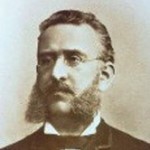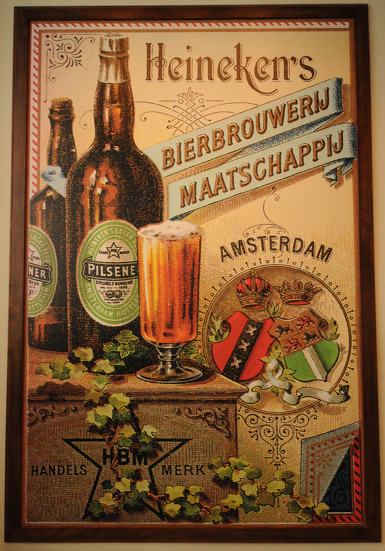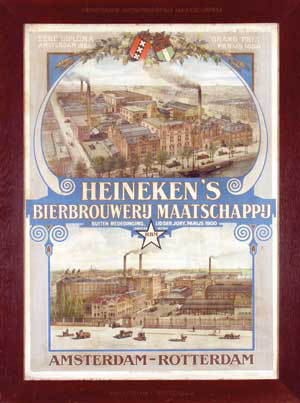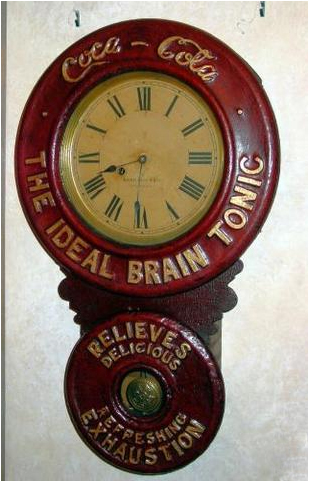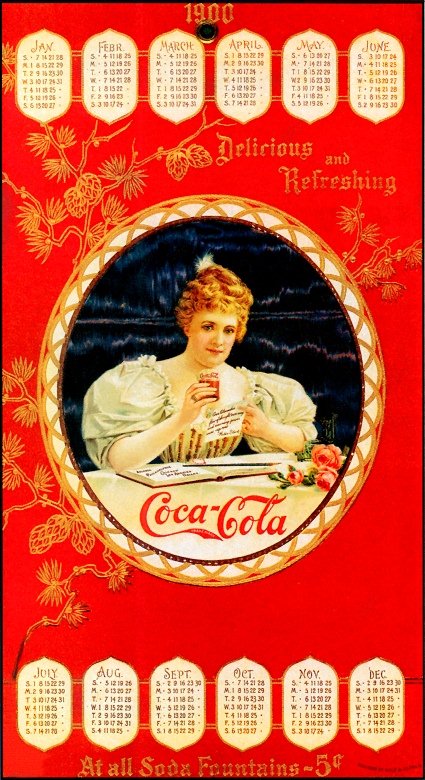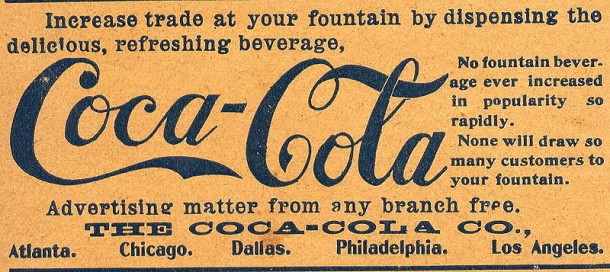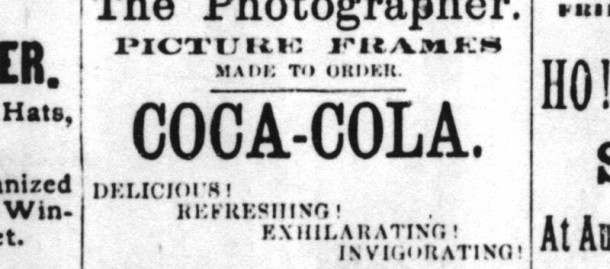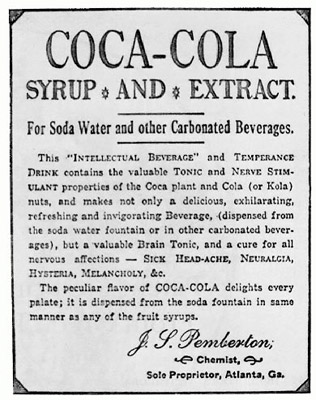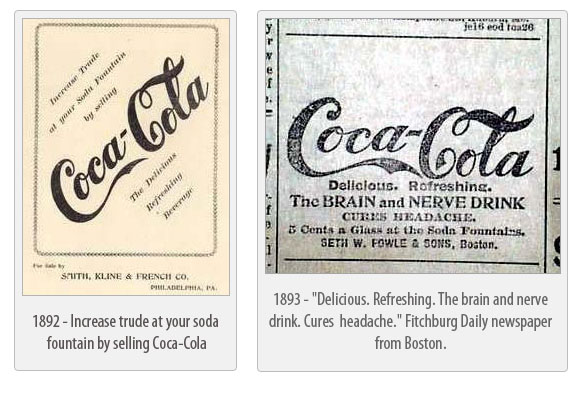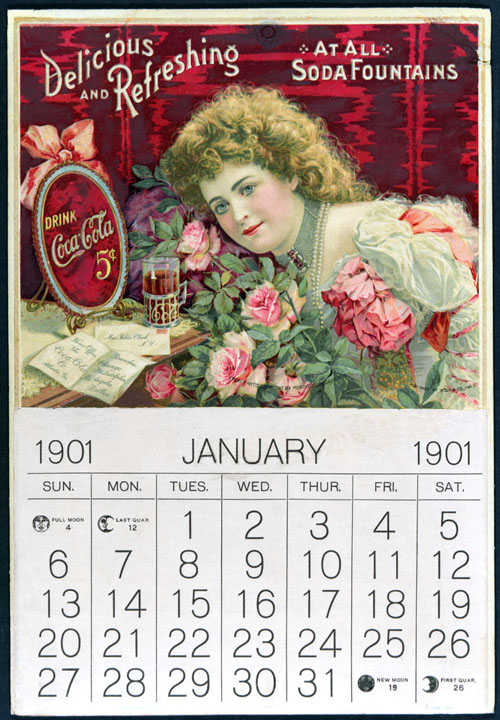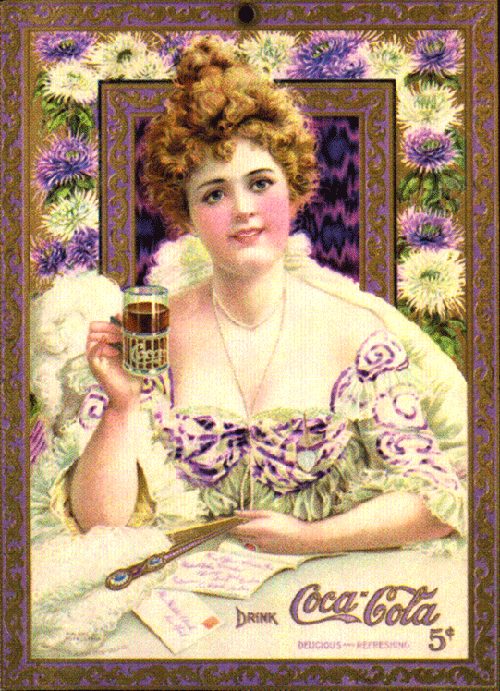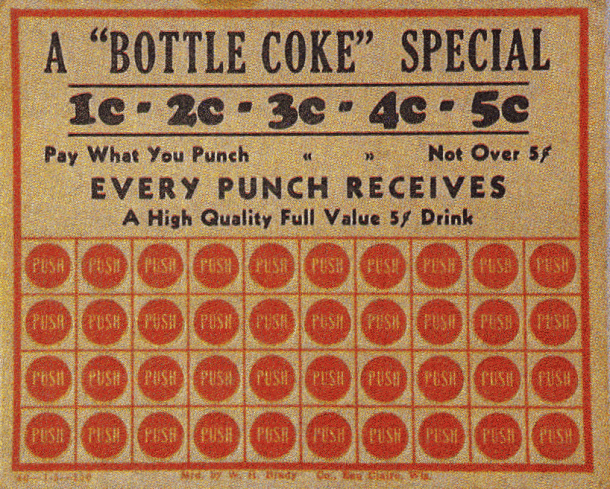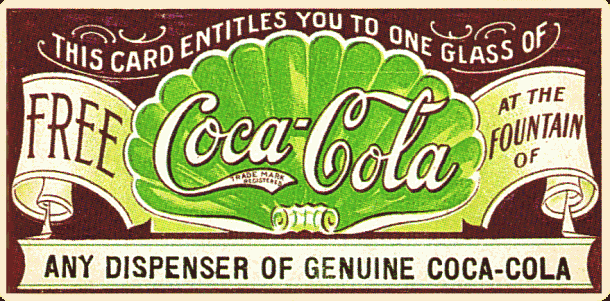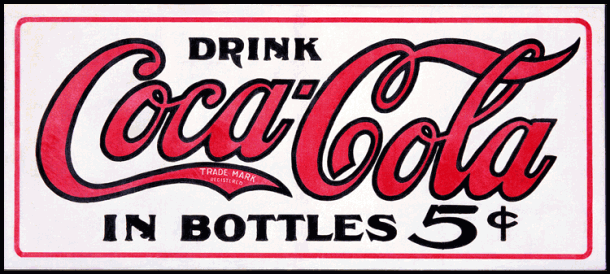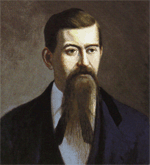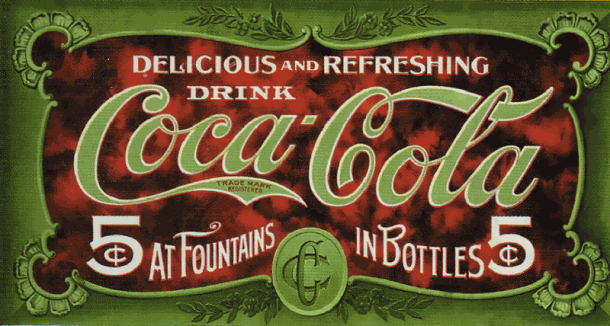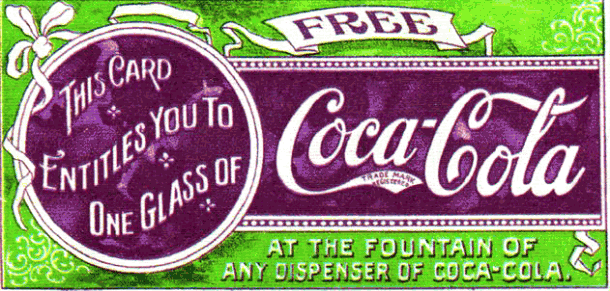Dutch beer – Heineken
Heineken is a Dutch beer which has been brewed by Heineken International since 1873.
The Heineken family entered the beer business in 1864, when Gerard Adriaan Heineken bought a brewery known as De Hooiberg in the heart of Amsterdam. In 1873 the brewery’s name changed to Heineken’s Bierbrouwerij Maatschappij (HBM). Over the past 140 years, three generations of the Heineken family have built and expanded the brand and the company in Europe and around the world. It is thanks to the leadership of Gerard, Henry and Alfred Heineken that Heineken is one of the world’s leading brewing groups. Heineken claims that the original Heineken recipe has not changed since the beer was first produced nearly 150 years ago.
Coca-Cola advertising clock Circa 1893
Coca-Cola began advertising its products on clocks in 1893, when such novelty advertisements were increasingly common.
Coke would distribute branded clocks to sellers who bought and sold at least 100 gallons of Coca-Cola syrup per year. The first Coca-Cola clocks were made by the Baird Clock Company of Plattsburgh, New York, and had big, round faces with Roman numerals.
At $2.75 each, clocks were relatively expensive to produce, but Coca-Cola made the investment knowing that, because of their usefulness, advertising clocks would stay on display in a store long after posters or other items had been discarded.
First Coca Cola Girl
Singer Hilda Clark became the first celebrity model for The Coca-Cola Company. Also known as the First Coca-Cola Girl, Hilda’s image was used on cardboard signs, tin trays, trade cards, bookmarks, drink tickets, and calendars from 1899 to 1903.
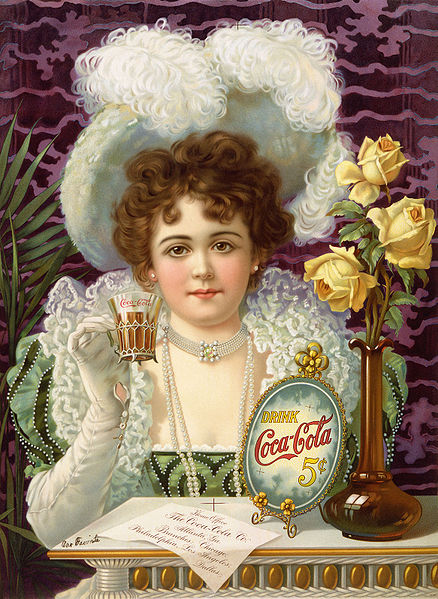
An 1890s advertisement showing model Hilda Clark in formal 19th century attire. The ad is titled Drink Coca-Cola 5¢.
Show more
Coca Cola coupons for free drinks, punch cards
Coca Cola coupons for free drinks, punch cards for accumulating free drinks:
First steps of Coca Cola
Coca-Cola’s inventor John S. Pemberton was not a shrewd marketer of his drink, and the ownership of Coca-Cola eventually passed to Asa Candler, whose company remains the producer of Coca-Cola today. It was Candler’s successful marketing, and continued by successors such as Robert Woodruff, that established Coca-Cola as a major soft drink in the global marketplace.
Frank Robinson, Pemberton’s bookkeeper, became Coca-Cola’s first marketing genius in short order, convincing Pemberton of the urgency for advertising the brand, and designing the famous Coca-Cola script and trademark. He pressured Pemberton to engage in lavish advertising promotions, issuing free drink coupons and plastering Atlanta with oil-cloth banners and streetcar signs to promote the brand. The extravagant advertising budget paid rapid dividends, quickly promoting Coca-Cola to become the most popular local beverage of it’s kind.

